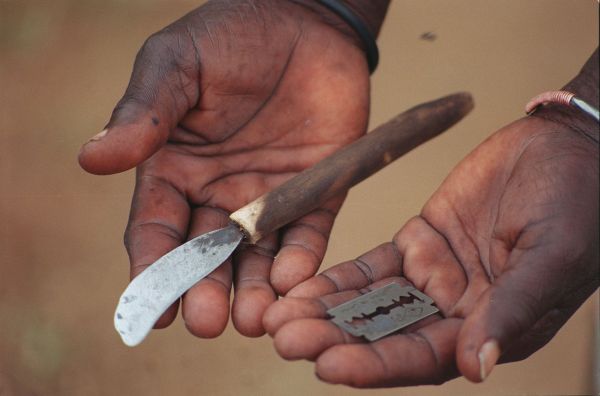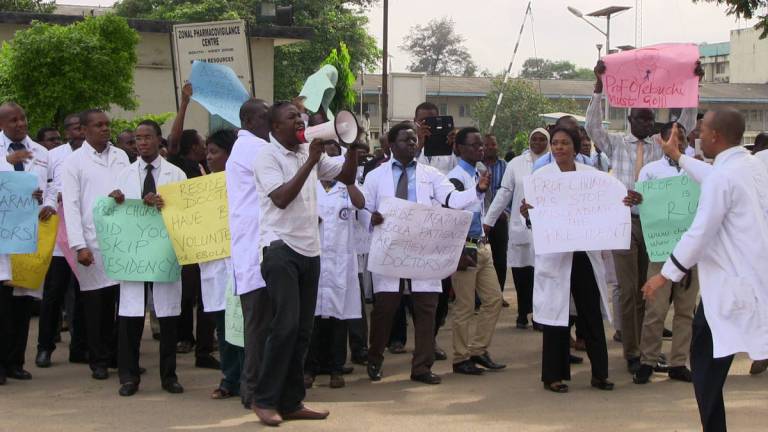
Over 5.68m Nigerians Sensitised On Genital Mutilation – UNICEF
The United Nations Children Fund (UNICEF) says that over 5.68 million individuals have been reached through radio, television and social media to end Female Genital Mutilation (FGM) in Nigeria.
The Fund said that 5,094 girls were reached through sensitisation in primary and secondary schools and empowered with change agents in partnership with existing school clubs.
Mr Ben Mbakwem, the UNICEF FGM Consultant in Imo and Ebonyi states, said this at the 7th quarterly Meeting of Imo State Technical Committee (STC) on FGM Abandonment organised by the Imo State Ministry of Gender and Vulnerable Group Affairs in Owerri.
Mbakwem was represented by Dr Blessing Azubuike, the Director, Gender Affairs in the state Ministry of Gender at the programme held in collaboration with UNICEF, UNFPA and National Orientation Agency (NOA).
He said that 3,903 girls and women had also received health, social and legal services.
He said the figures covered the five states of Imo, Ebonyi, Ekiti, Osun and Oyo covered by NOA and UNICEF as states with the most prevalent in FGM.
Mbakwem said that UNFPA- UNICEF 2018 Joint Report indicated that 18 per cent of girls and women in Nigeria aged 15 to 49 years had undergone FGM, while over 14.8 million girls were at risk between 2015 and 2030.
He said that a lot of progress had been made since Nigeria joined other countries on the joint programme on FGM abandonment.
The official identified the successes to include the signing of the declaration of FGM performed by health-care providers as an unethical practice by 13 medical regulatory bodies after their meeting on the medicalisation of FGM in Nigeria.
Others, he said, were the ongoing efforts to include FGM indicators in the National Health Management Information System (NHMIS) and the recognition of FGM as Gender-Based Violence (GBV) in the first National GBNV Conference hosted by the Vice President of Nigeria.
Mbakwem said that already, 415 communities in Nigeria had made a public declaration of FGM abandonment with sustained FGM discussion in the Annual Women’s Home and Abroad Meeting (August Meeting) and inclusion of FGM in the “New Yam Festival” in South-East Nigeria.
Mr Vitus Ekeocha, the Imo State Director of NOA, said that the quarterly meeting of the committee was to bring the implementing partners and other groups working for UNICEF, UNFPA and the state ministry of health together to coordinate their activities for an action plan on the next quarter.
He said the aim was to inculcate harmony and collaboration among the group as well as avoid waste of resources.
Ekeocha expressed regret that the technical committees had not been up and doing in their meetings and urged them to regularly liaise with the state technical committee to harmonise their activities.
Dr Blessing Azubuike, the Director, Gender Affairs in Imo Ministry of Gender, said that the ministry was doing everything possible to achieve results in the effort to end FGM in the state, but added that much more was still needed.
She called on the participants to take the meeting very seriously.
According to her, the technical committee is important in the work to end the practice of FGM, to avoid duplication of programmes and for high-level advocacy to enable people to buy into the programme.
“There is high-level progress in the FGM awareness creation as people are now more open to speaking on the issue; if one person is prosecuted it will serve as a deterrent to others,” she said.




